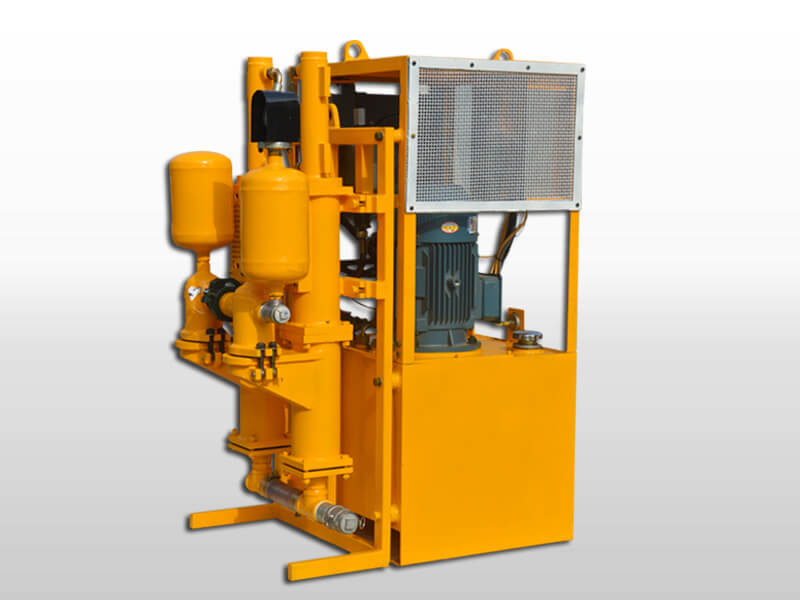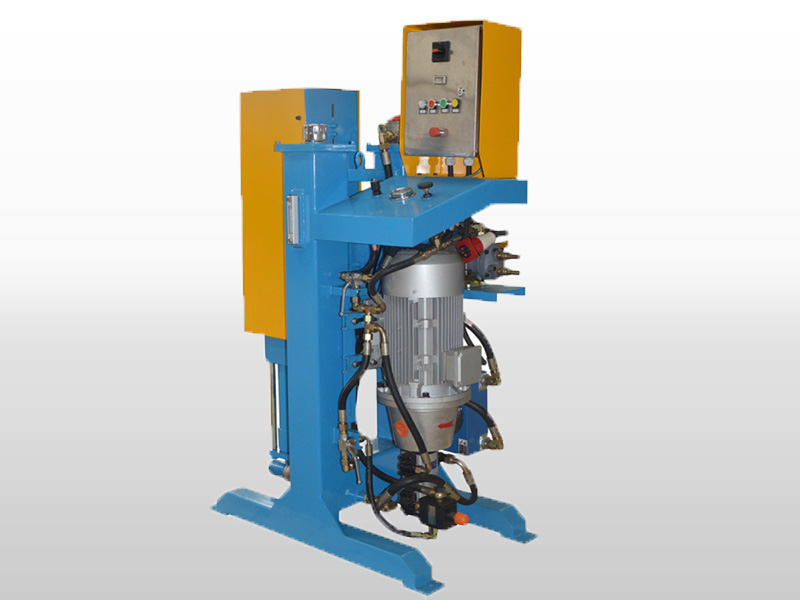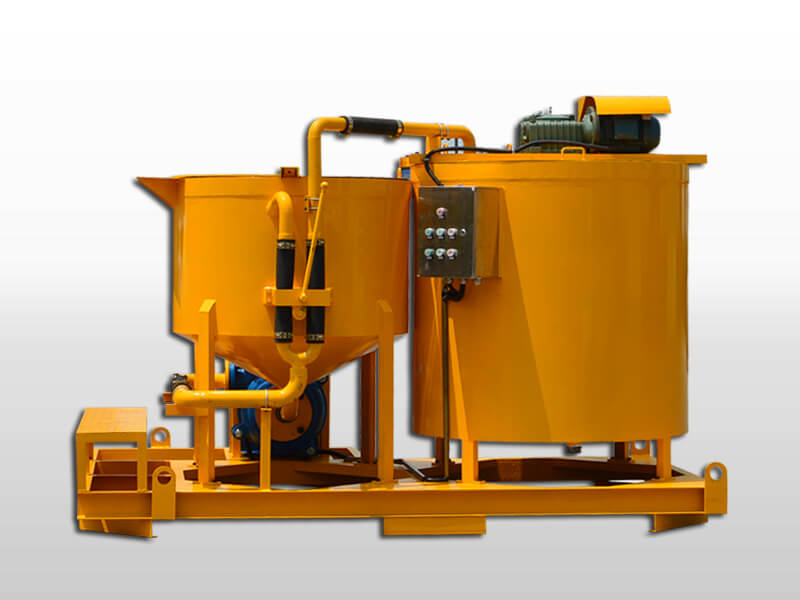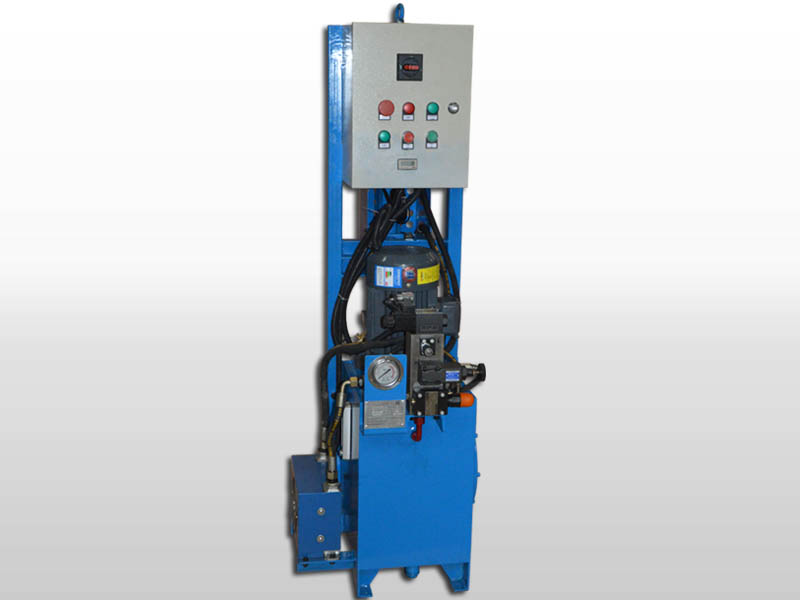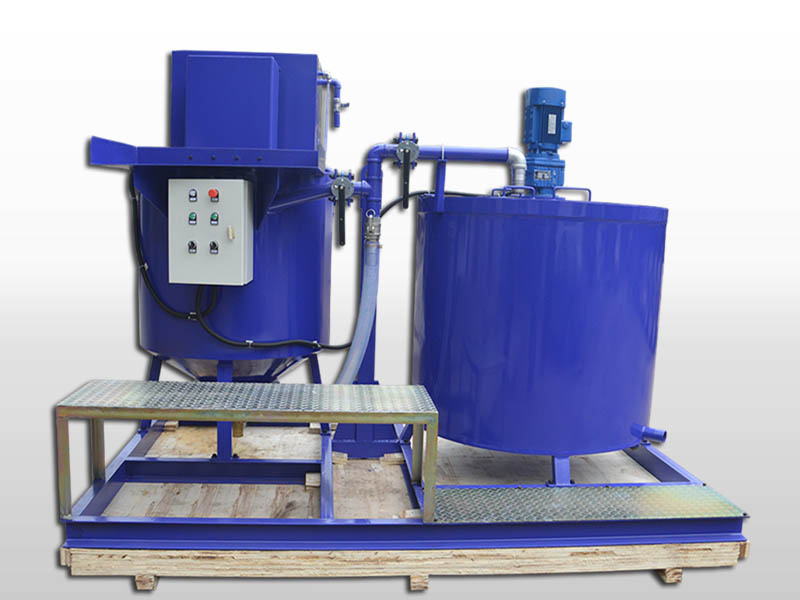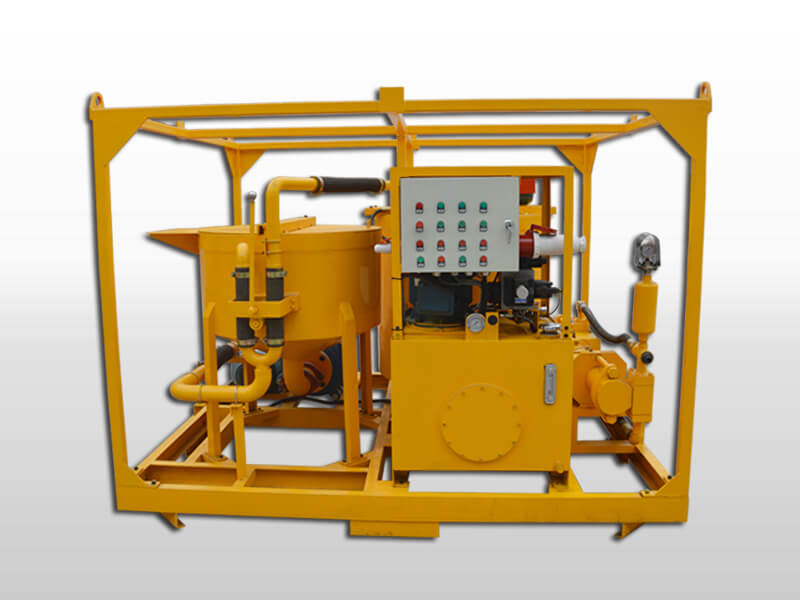concrete cement grout pump operator what makes a good concrete
Concrete Pump Operator – What Makes A Good Concrete …
What Makes A Good Concrete Pump Truck Operator? To be a good concrete pump operator, it takes a very special person who has some great character traits. Operating a concrete pump truck requires a lot of responsibility to make sure everything goes smoothly. A concrete pump operator’s job is very demanding, both mentally and physically.
Under Water Concrete Pumping
Aug 23, 2019· The cement in the grout will be suspended in the body of water. Many times this will put a contractor and the local water authority at odds, which is not a good place to be. The next reason is visibility. … Under Water Concrete Pumping. Todd: 08-10-2015: … The concrete pump operator, and the crane operator must know, in advance, what the …
Concrete Pump Operator Hourly Pay | PayScale
Aug 23, 2019· The average hourly pay for a Concrete Pump Operator is $22.26. Visit PayScale to research concrete pump operator hourly pay by city, experience, skill, employer and more.
Grout Pumps & Concrete Pumping Machines
To get the mix where you want it when you want it there is no need to look any more, use concrete and grout pumps. Grout pumps can be used to fill small voids and door jams and they are available in either manual, electric, gas, hydraulic and air powered. Concrete pumps are strong enough to lift up many stories and even lift slabs of concrete.
Concrete Pumps and Concrete Pumping Information – The
These versatile, portable units are typically used to pump not only structural concrete, but also grout, wet screeds, mortar, shotcrete, foamed concrete, and sludge. Pump manufacturers offer a variety of different line pumps to meet a wide variety of needs. Line pumps typically employ ball-valve-type pumps.
cement and aggregates (without admixtures), the higher the slump, the wetter the mix. Four-inch (4”) slump is very common with normal weight concrete and is a good average slump for pumping. Above average slump – due to the addition of water – considerably reduces the strength, durability, and permeability of concrete and can cause segregation.


